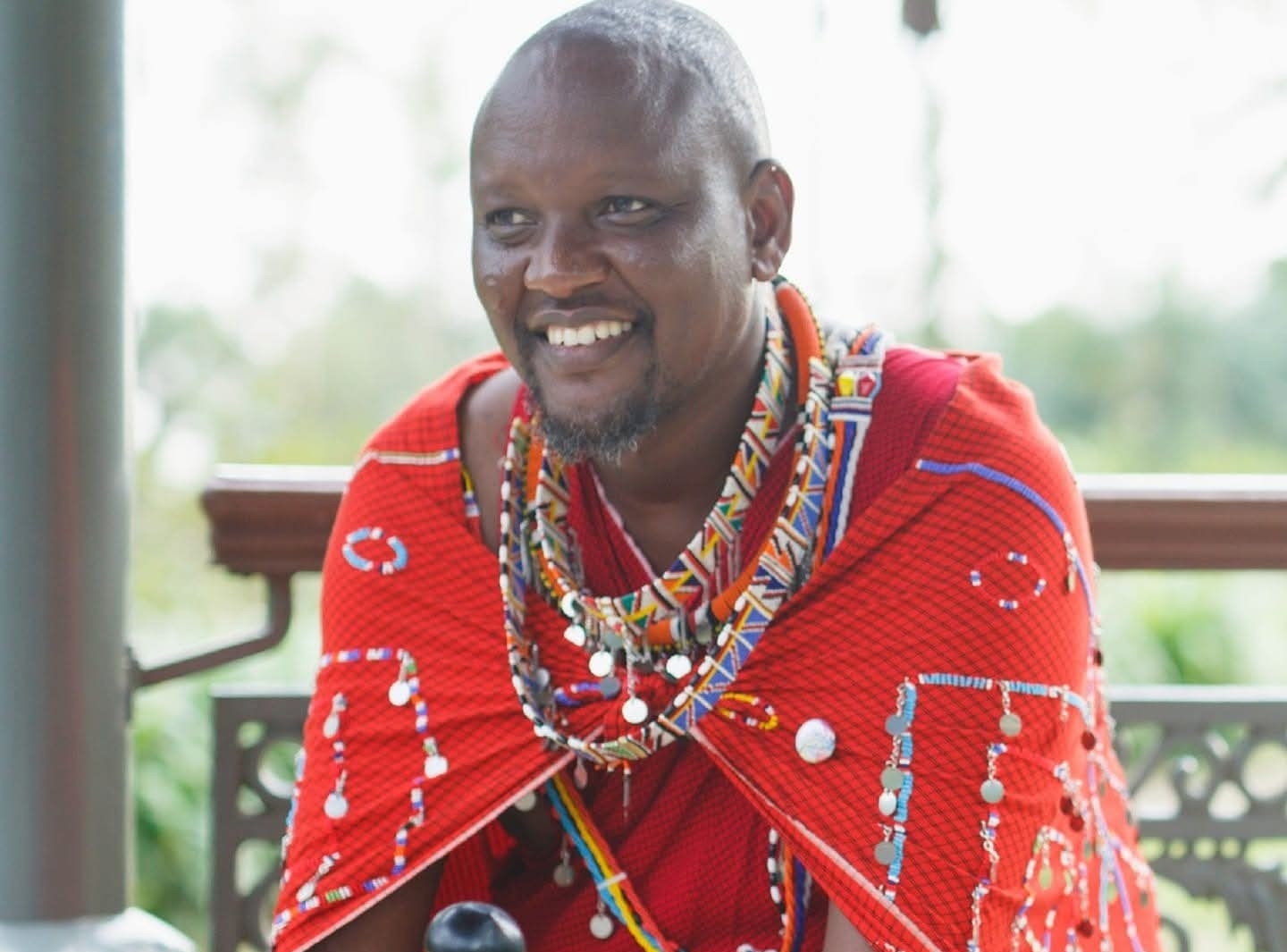On Black Tuesday June 25, 2024, I was in town to join my agemates in fighting for a better future for Kenya. Of course, I was accompanied by a friend but before we could even move to where the crowds were, police officers in an unnecessary fit of rage fired the first tear gas canister on people getting into town.
It wasn't just the tear gas stinging my eyes, it was the palpable fear that hang heavy in the air. I'd been caught in the initial chaos, separated from my friend in the crush of bodies surging away from the police.
Now, somehow, I found myself walking beside a group of officers, their faces obscured by helmets, their eyes guarded. It was a surreal juxtaposition, a shared space occupied by two worlds colliding.
But first, the Kenya police service is no stranger to controversy. I am sure you have watched footage of officers disregarding even the most basic principles of the exercise of police power.
Videos of police brutality are awash in everyone’s phones: videos of cops running over protesters with police horses, pushing down men for no reason, rushing into crowds of peaceful demonstrators and raining blows on young people and reporters.
The failure to hold police officers accountable has been an issue in Kenya for as long as anyone can remember.
Where does this brutality come from? And what can we do about it?
It wasn't just the brutality that shocked me, it was the raw humanity I saw beneath the armour. These were men, fathers and brothers caught in a system that had failed them just as much as it had failed the protesters. They were not monsters, but men grappling with the same anxieties, the same dreams and the same frustrations as the people they were meant to protect.
I hear one complain that their medical cover is not working, another complains that the meagre pay they receive is not adequate for the kind of work they do. Even they hope that these demonstrations could do something for them.
At around 2pm, and under the heavy cloud of tear gas, a well-wisher offers them lunch from our vantage point but then they hear news that a colleague had died by his own gun. They are dumbfounded, it's the same feeling as those of thousands of protesters who would see their colleagues brutally shot dead outside Parliament.
One can only wonder why the police officers, who live in the same country and face the same challenges, would opt to brutalise and maim peaceful protesters who want a better country.
The changes in public opinion over the past three weeks have been astounding. Changing a culture, in the nation and its police, is usually slow and necessary work. But norms can shift gradually and then all at once, and when they do, the effects can be historic.













